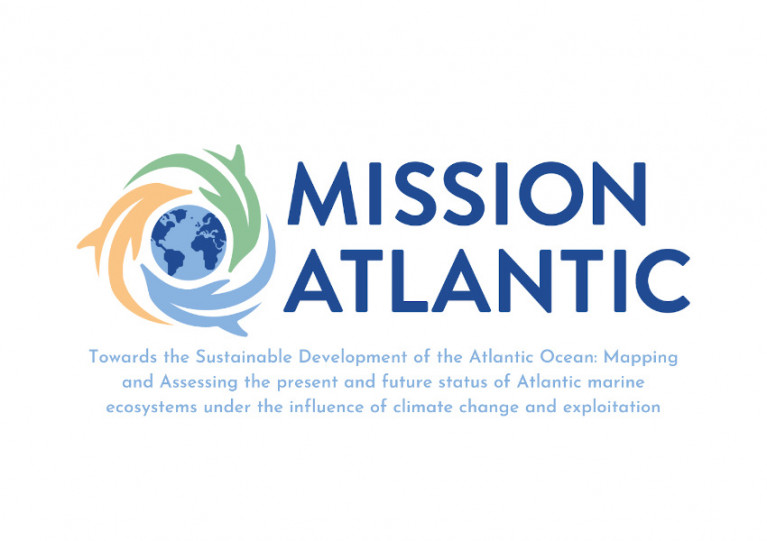Displaying items by tag: Mission Atlantic
Marine Institute Scientists Join ‘Mission Atlantic’ To Map & Assess Sustainable Ocean’s Development
Marine scientists from Ireland will join an international group of ocean experts in a project to map and assess the Atlantic Ocean’s current and future risks from climate change, natural hazards and human activities.
Mission Atlantic brings the Marine Institute together with scientists from Europe, Brazil, South Africa, Canada and the USA to develop the first Integrated Ecosystem Assessments (IEAs) at the scale of the Atlantic basin.
Using high-resolution ocean models; data collected with marine robots and acoustic sensors; artificial neural networks; risk assessment methods; and advanced statistical analysis, the international partnership will assess the pressures imposed on the Atlantic’s marine ecosystems — especially those related to plankton and fish distribution — and identify the parts most at risk.
The Marine Institute says this “unique” project — funded by a €11.5 million grant from the European Union’s Horizon 2020 programme — will engage scientists, managers of marine resources and other stakeholders in balancing the need for environmental protection with sustainable development.
‘Mission Atlantic will contribute to a better and more sustainable future for life on Earth’
“In an era of rapid transformations affecting our societies and our lives, we are asked to provide the scientific knowledge necessary to face future challenges and to guarantee a sustainable future for the next generations,” says project co-ordinator Patrizio Mariani.
“By studying the complex Atlantic Ocean ecosystems, Mission Atlantic will contribute to a better and more sustainable future for life on Earth.”
The Marine Institute is leading the IEA approach for each of the seven case study areas throughout the Atlantic. In the Celtic Sea, this will be underpinned by regional data from INFOMAR, Ireland’s ongoing seabed mapping programme.
Marine Institite chief executive Dr Paul Connolly said: “The comprehensive mapping of the depth, character and benthic habitat of our seabed is critical to assess change, manage resources and risks, and to predict understand and realise the potential of our marine resource.”
Mission Atlantic will also focus on improving education, professional development opportunities and maritime policy in countries that border the Atlantic Ocean, north and south.
More information on the project will be available soon at www.missionatlantic.eu





























































